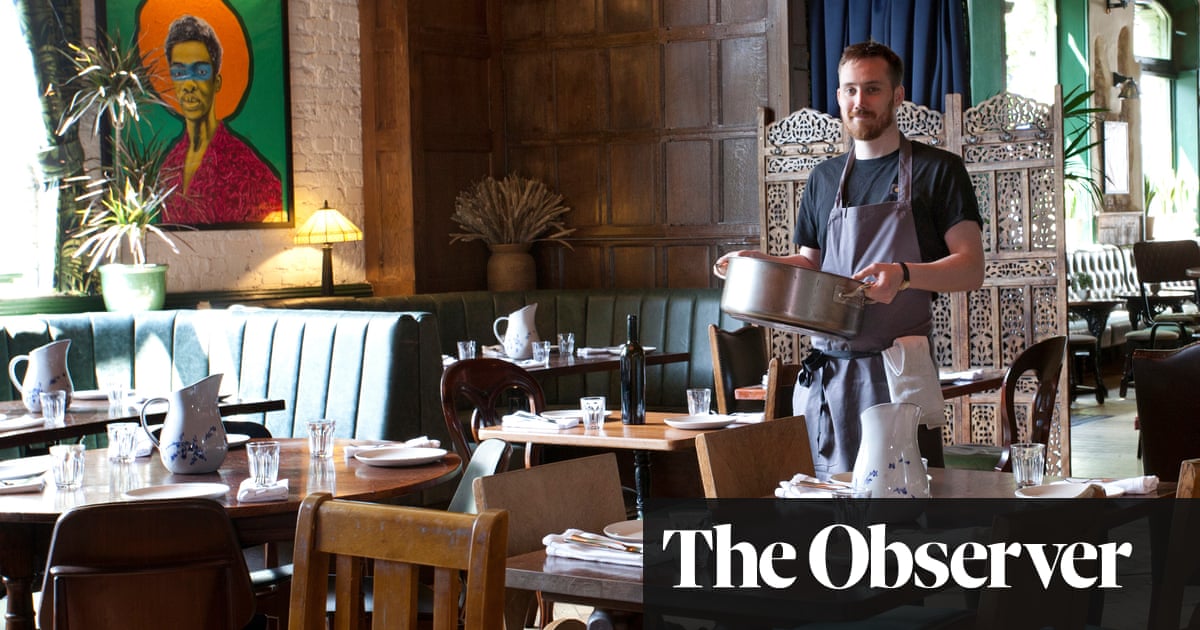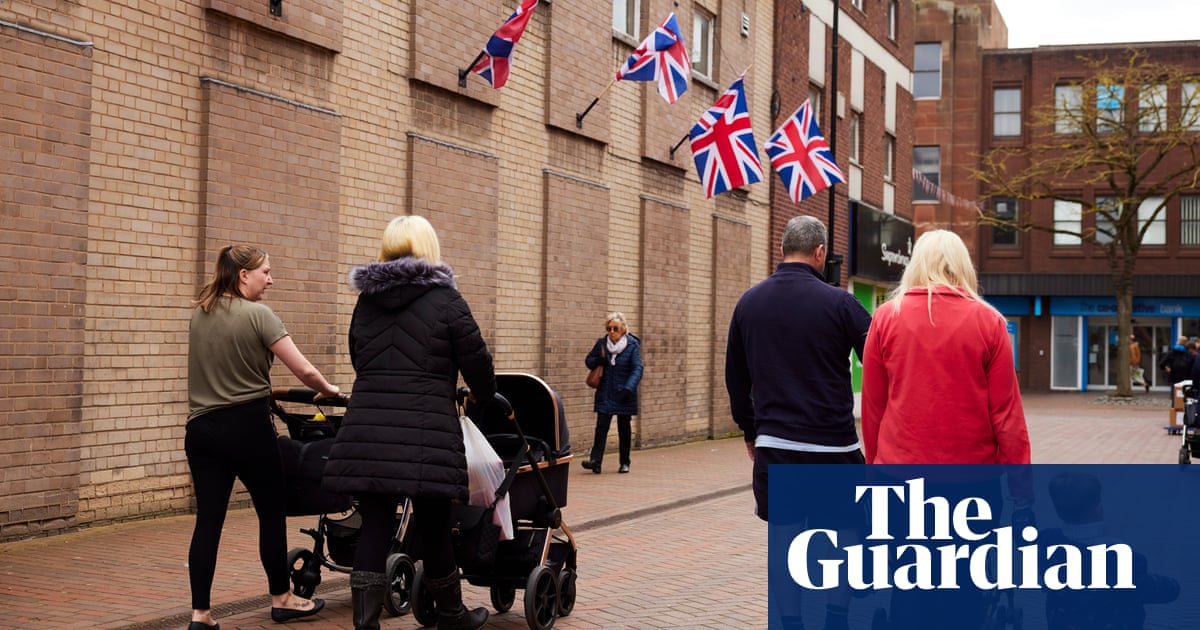
Igrew up in Wales and consider myself Welsh, but I have lived in London – my birthplace – for 18 years, more than half my life. If you include periods spent living in France and Italy, my time living in Wales shrinks further still. Like many of my friends and classmates, I left when I was 18, and it would be a lie if I said that I wasn’t desperate to go. I wanted a “big life”, and felt that I needed to be in a big city to achieve that. Despite this, I still feel Welsh; identity can be a knotty thing. If you pressed me I suppose I would say that I’m “London Welsh”, part of the diaspora that has made the English capital our home.
I’ve been thinking about this as the Welsh government launches a drive to keep young Welsh people in their homeland. Thanks in part to a “brain drain” – always a slightly unpleasant term, I find, implying as it does that the people who choose to stay are lacking them – the proportion of working-age adults is dropping, which, coupled with an ageing population that tends to be poorer and sicklier than England’s, is causing alarm. It has effects on the language, too – the Welsh government hopes to have achieved a million Welsh speakers by 2050.
Leaving aside the fact that the conversation should also be about attracting people to Wales, the question is how to get people to stay? Most people I know who left did so for university and never returned, going, as emigrants have throughout history, where the greater amount of work and opportunities were. The ones who stayed or moved back were either able to find work locally or are freelance and able to work flexibly, combining working out of their base with frequent travel. A work-life balance such as this is becoming more possible since the pandemic, though, depressingly, many companies seem to be clinging to the old, outdated ways. Greater flexibility and more remote working would no doubt induce more people back, as would better salaries and more job opportunities.
Housing is another factor. Property prices near where I grew up, in north-west Wales, are low when compared with many parts of England. But the proliferation of second homes is causing prices to rise and forcing young people out of their communities, not to mention having a profound effect on the language. The reasons many choose to stay in Wales – community and culture – cease to persuade when whole villages are being hollowed out and turned into unaffordable, stagnant ghost towns.
It isn’t just work and housing, though. There are myriad reasons why people leave. No doubt I’ll put some noses out of joint by listing some of mine (small-mindedness, the weather, wanting a bigger dating pool), just as I did when I offended some people by trying to discuss racism in small Welsh communities, a conversation which resulted in some deeply unpleasant messages saying that I wasn’t properly Welsh and wasn’t welcome there anyway (way to prove a point). I wanted to live somewhere with greater cultural diversity and more accepting attitudes. I wanted to feel that I was somewhere where things happened, a feeling with which smalltown teenagers the world over can identify, and the reason the songs of Bruce Springsteen, which are largely about escaping the place you grew up, remain enduringly popular the world over (my friend Jacob and I listened to Bruce obsessively as teenagers. He now lives in Melbourne. Tramps like us were born to run).
So, while there is much that can be done to keep people in Wales, for some people, their homeland will always feel too small. There will always be those who, like me, long for something bigger. Living in a big city often means, on returning to the place where you grew up, being told “Ooh, I could never live there”. This opinion is rarely solicited – nor is the response “Well, I could never live here” ever taken with good grace. People from small towns are allowed to have a pop at London, but a Londoner having a pop at a small town is punching down. It’s not on.
Though I’m unlikely to ever return, Wales will always on some level feel like home to me. You can’t fight hiraeth: it’s genetic. And now that I am older, I am able to see all the good, beautiful things about where I grew up, and I understand why many of the people I love remained. I just wasn’t one of them. Perhaps that, too, is in my genes. My great-grandparents went from their small Welsh community to India, then London. My grandfather went to Edinburgh, London, and Manchester. He never again lived in Wales, but listened to Radio Cymru, attended Welsh chapel, read Eco’r Wyddfa. A member of any diaspora knows that you don’t stop feeling a place in your bones just because your physical body resides elsewhere. You take it with you. You’re part of its history, and its history is a part of you.
Rhiannon Lucy Cosslett is a Guardian columnist












